Japanese Encephalitis (JE) is a type of viral brain infection that can affect both humans and animals.
JE is an endemic disease (a disease that is present and occurs regularly, even without external influences) in Sarawak, which is why JE vaccination is mandatory there. Sporadic cases have occurred in other Malaysian states. JE is passed to humans through the bite of an infected Culex mosquito.
Small but deadly
JE is a virus from the family Flaviviridae, which is related to dengue, yellow fever and West Nile viruses. This disease can cause severe symptoms and is potentially deadly, especially to babies and young children.
Signs to be alert for:
- Rapid onset of high fever
- Headache
- Neck stiffness
- Disorientation
- Coma
- Seizures
- Spastic paralysis
JE is a disease that causes acute inflammation of the brain. The mortality rate can be as high as 3 in every 10 cases. There is a 50% possibility that the patient may suffer from permanent neurologic or psychiatric conditions. Survivors may face permanent intellectual, behavioural or neurological problems such as paralysis, recurrent seizures or the inability to speak.
Prevention is key
As JE is a dangerous disease, taking steps to prevent it is crucial. As it is transmitted by mosquitoes, the best thing is to avoid mosquito bites. Your options include:
- Use mosquito repellents that contain 20%-30% DEET or 20% Picaridin on any exposed skin, especially at night. Re-apply as necessary according to the product’s usage directions.
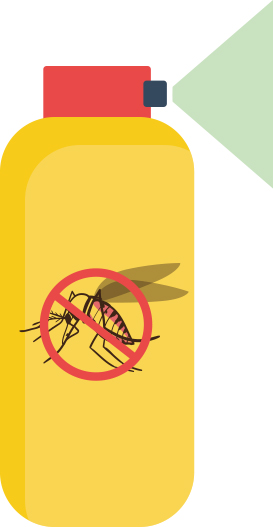
- Wear neutral- colours and avoid dark clothing. Stick with long sleeves/pants to lessen the amount of skin exposed to mosquito bites.
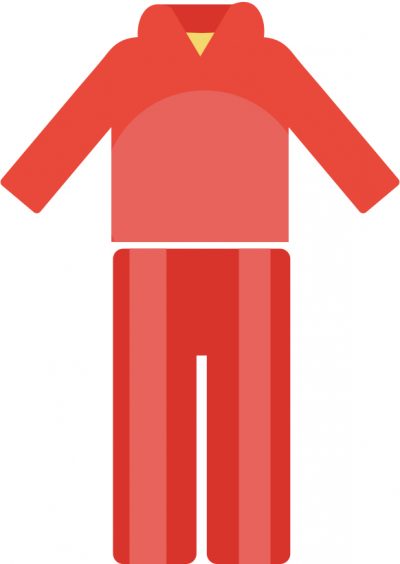
- You can pre-soak/spray the outer layer of clothing with permethrin (a type of insecticide) to deter mosquitoes.
- Install door/window screens to act as a barrier against mosquitoes.
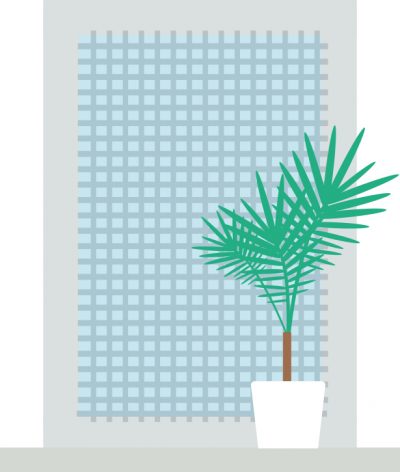
- Consider sleeping under a mosquito net, if necessary.
- Clean regularly and keep the house compound clear of any litter, as these are potential mosquito breeding spots (i.e. piles of leaves, containers or items that may contain water, stagnant drains, etc). Ornamental water features can be beautiful, but are potential breeding grounds for mosquitoes. Take steps to ensure that the water circulates (stagnant water is ideal for the growth of mosquito larvae) and consider stocking it with fish as they feed on the larvae. Alternatively, you can treat your water feature with larvicide.
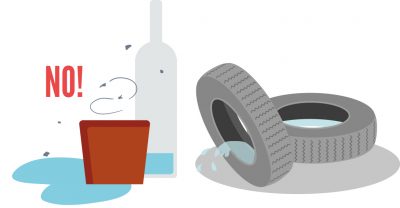
Vaccination works
There is currently no treatment or cure for JE, and treatment can only relieve the symptoms. In the 1999 outbreak, there were 154 reported cases and 56 deaths. In 2001, mandatory JE vaccination was then introduced in Sarawak, which greatly reduced JE cases.
By 2017, only 10 cases were reported, which also means that lives were saved (the mortality rate for JE is around 3 in 10).
The results speak for themselves – JE vaccination is the best defence against the virus, and should be seriously considered if you live near areas with a high mosquito population or plan to visit Sarawak or other countries where JE is endemic. Vaccination is not only safe and effective; it could save your child’s life.
An educational contribution by Malaysian Paediatric Association.

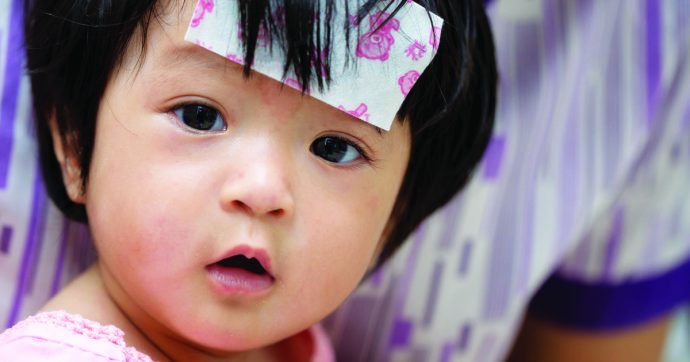




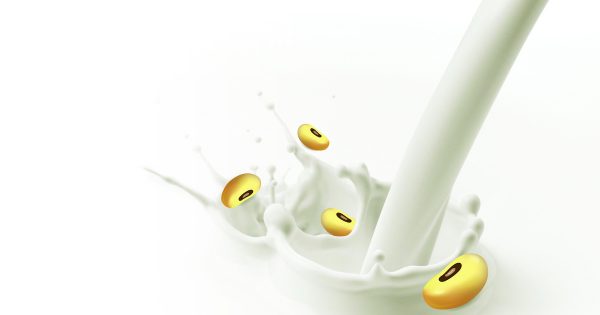
Comments